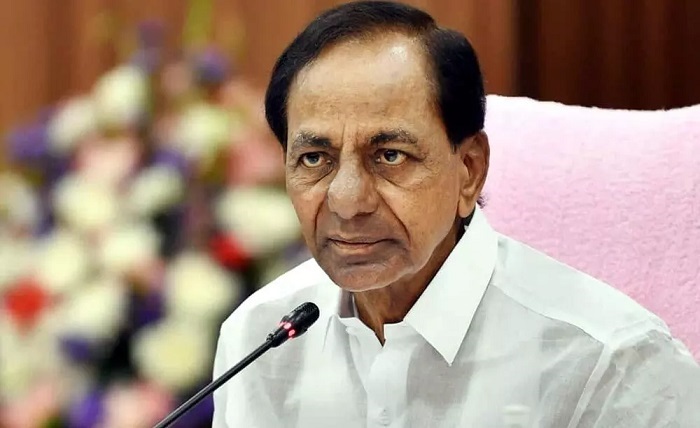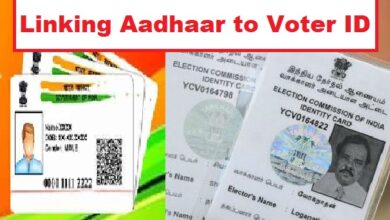K. Chandrashekar Rao: Modern Telangana’s Architect, Visionary Leader, or Divisive Individual?

Known by his initials KCR, Kalvakuntla Chandrashekar Rao is a well-known figure in Indian politics, especially in the state of Telangana in the south. His forty-year political career has been filled with victories, scandals, and an indisputable influence on the future of the area. This piece explores the mystery surrounding KCR, illuminating his political history, accomplishments, detractors, and goals for the future.
Early Years and Political Goals:
Born in a small Telangana hamlet in 1954, KCR’s early years were spent in agriculture. However, his desire to serve the public prompted him to seek a Master’s degree in Telugu literature. When KCR first entered politics in the 1980s, he advanced up the Telugu Desam Party (TDP) hierarchy, holding cabinet positions and winning praise for his persuasive speech and astute strategic planning.
The Movement for Telangana Statehood:
When KCR established the Telangana Rashtra Samithi (TRS) party in 2001 to advocate for the separation of Telangana from Andhra Pradesh, it became a pivotal event in his life. The area, which was long seen as underdeveloped and marginalised, desired for independence and progress. KCR ignited Telangana emotion with his fiery speeches and grassroots organising, sparking large-scale demonstrations and hunger strikes. National attention was drawn to the campaign, which resulted in the historic split of Andhra Pradesh in 2014 and the creation of Telangana.
Telangana’s first chief minister:
2014 saw KCR become Chief Minister after his TRS won a landslide victory in the inaugural Telangana Assembly elections, riding the tide of statehood. His early years were characterised by a whirlwind of activity as he concentrated on developing welfare programmes, irrigation projects, and infrastructure. He first gained recognition for his key initiatives, such as Rythu Bandhu (direct cash transfers to farmers) and Mission Bhagiratha (ensuring drinking water supplies).
Initiatives for Transformation and Legacy:
KCR had bigger plans for Telangana than just building infrastructure. He placed a strong emphasis on social welfare, business, and rural development. The manufacturing and information technology (IT) sectors of the state saw tremendous growth and attracted significant investments. Under his direction, Telangana’s Gross State Domestic Product (GSDP) doubled and the state’s Human Development Index (HDI) markedly improved.
Arguments and Rebuttals:
KCR’s term has not been without controversy despite his accomplishments. He is accused by his detractors of having authoritarian inclinations, being intolerant of opposition, and favouritism in infrastructure initiatives. His accomplishments have been overshadowed by the way he handled the public debt, environmental issues with projects like the Mallanasagar reservoir, and accusations of corruption.
Ambitions at the national level and the Bharat Rashtra Samithi
In an apparent nod to his aspirations for the country, KCR renamed the TRS the Bharat Rashtra Samithi (BRS) in 2018. By promoting federalism and regional autonomy, he has positioned himself as a rival to both the main opposition Congress party and the ruling Bharatiya Janata Party (BJP). His remarks on national concerns and involvement in opposition rallies point to a possible entry into national politics.
In summary:
The influence of K. Chandrashekar Rao in Telangana cannot be disputed. He strengthened farmers’ rights, increased social assistance, and turned a recently created state into a thriving economy. However, his autocratic manner, dubious choices, and aspirations for the country give rise to worries about the future. KCR is still a mystery; he is a complicated person whose life narrative is far from finished. For years to come, people will discuss his influence on Telangana and Indian politics, regardless of whether he becomes a national leader or draws more and more criticism.





